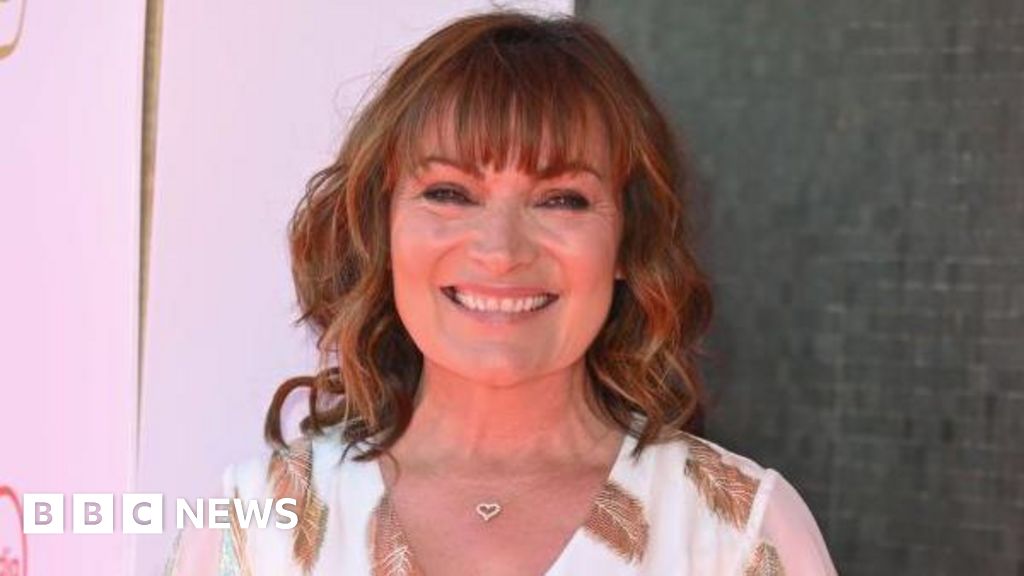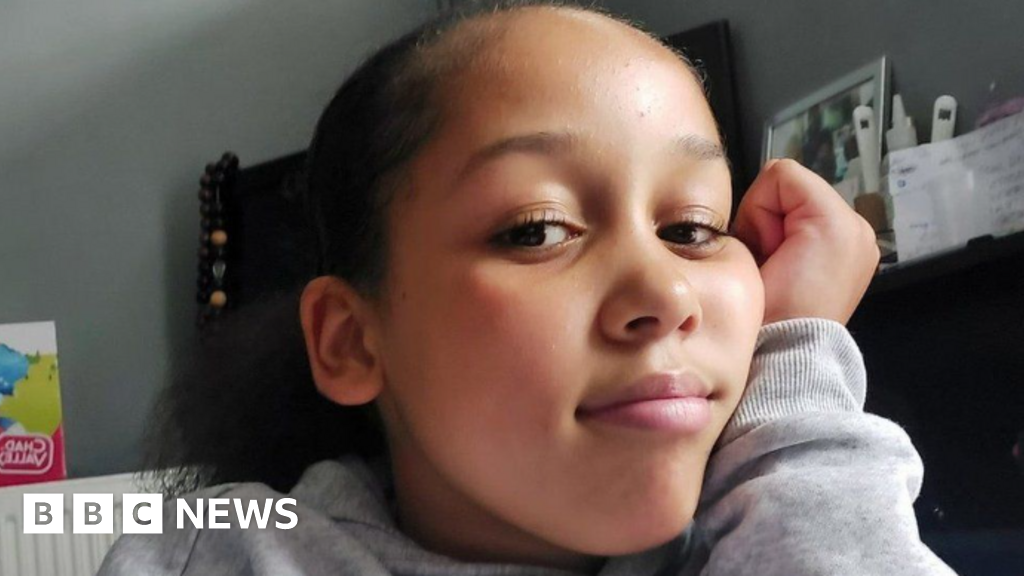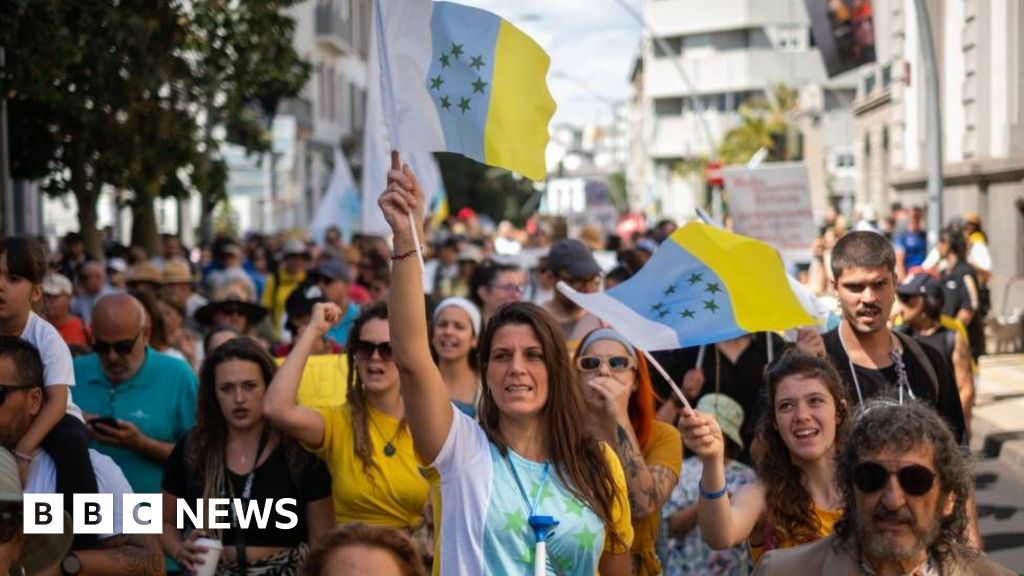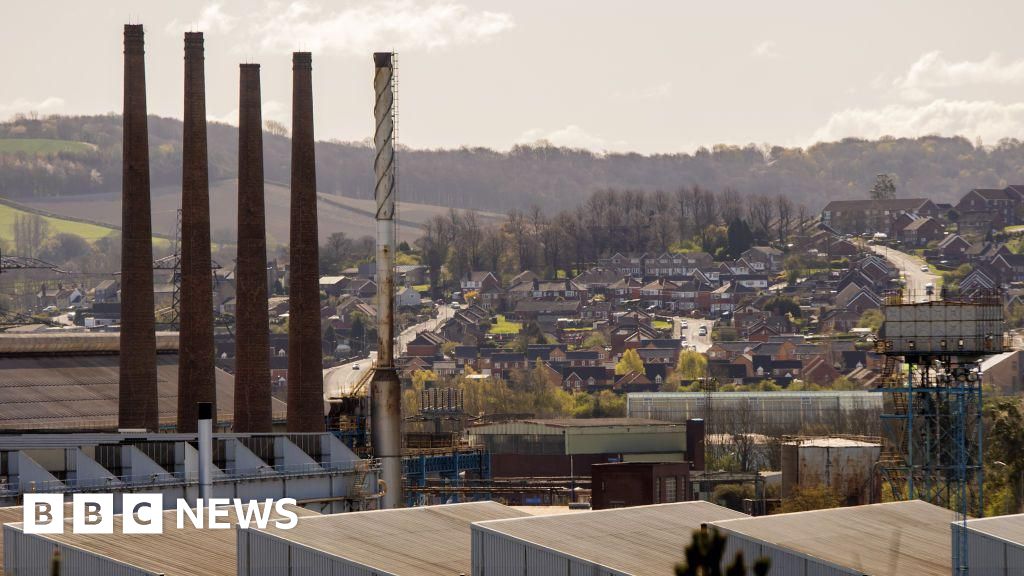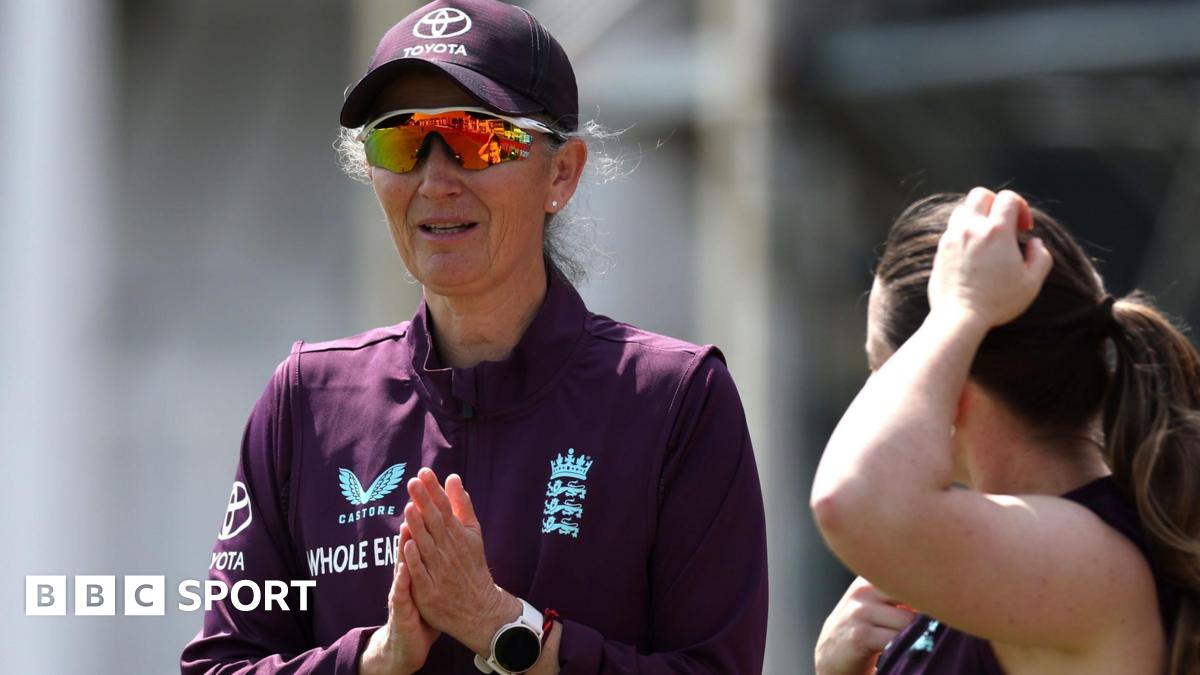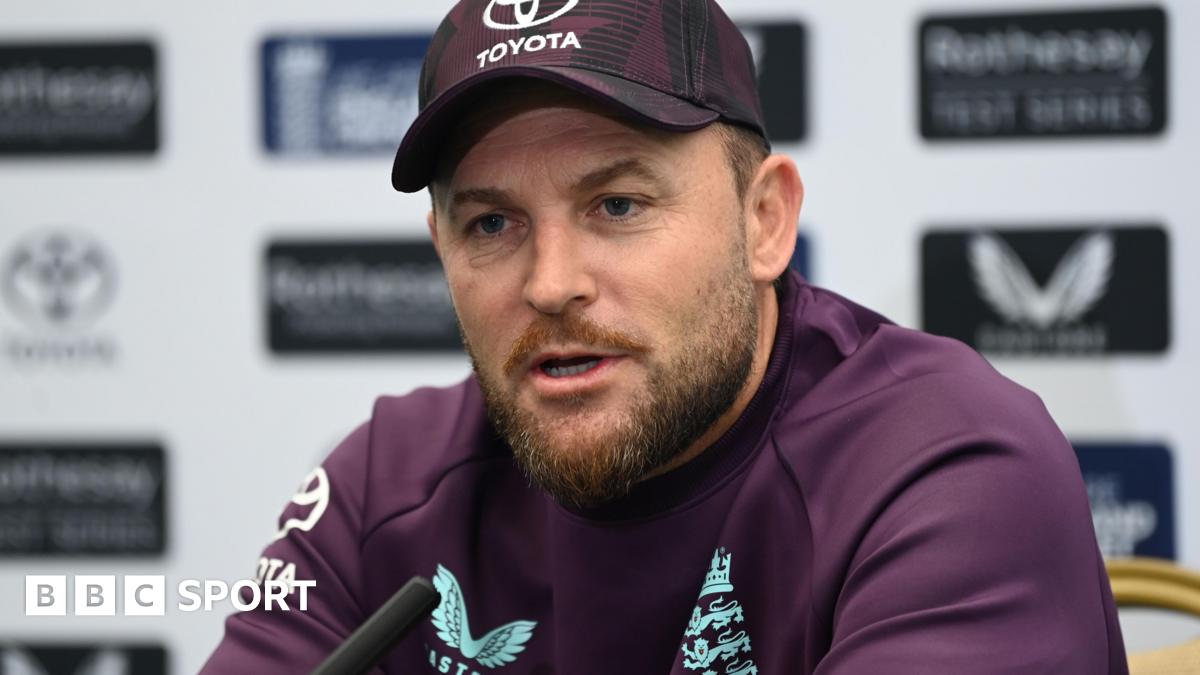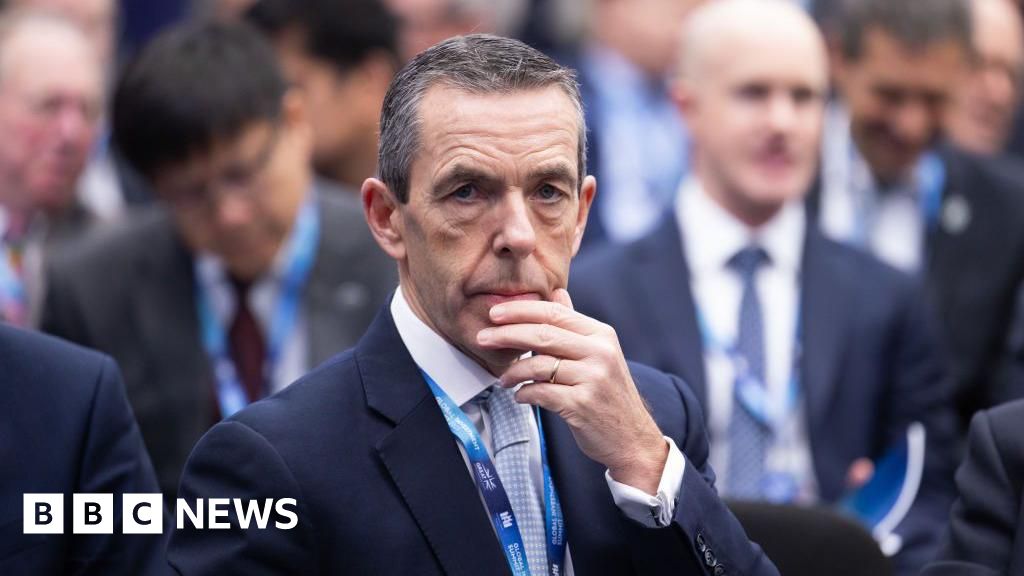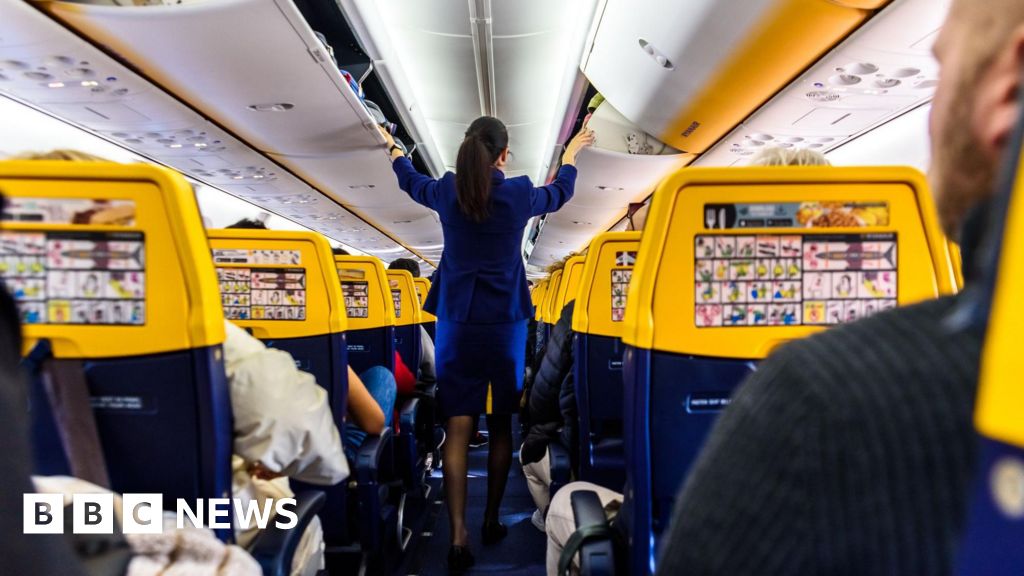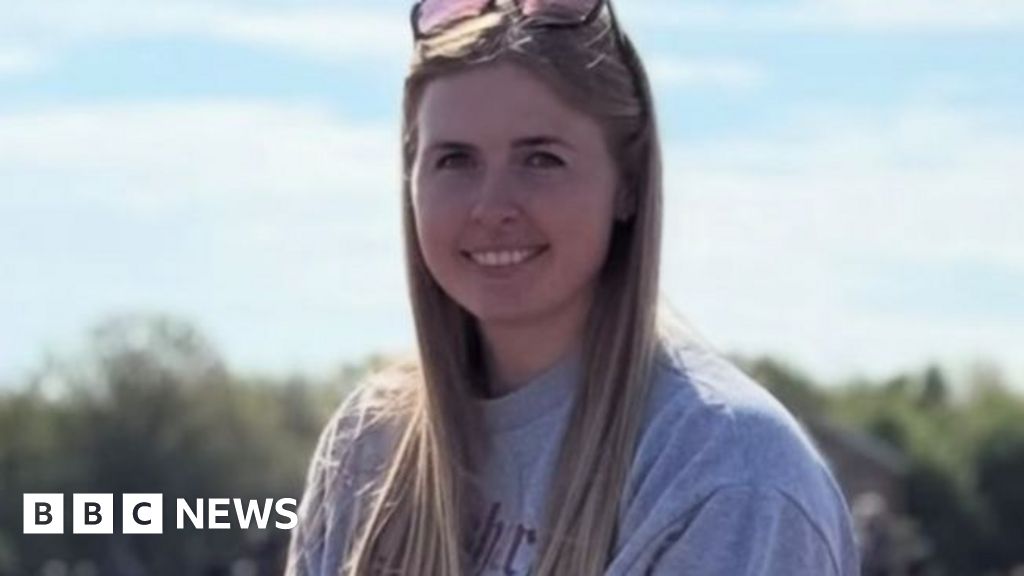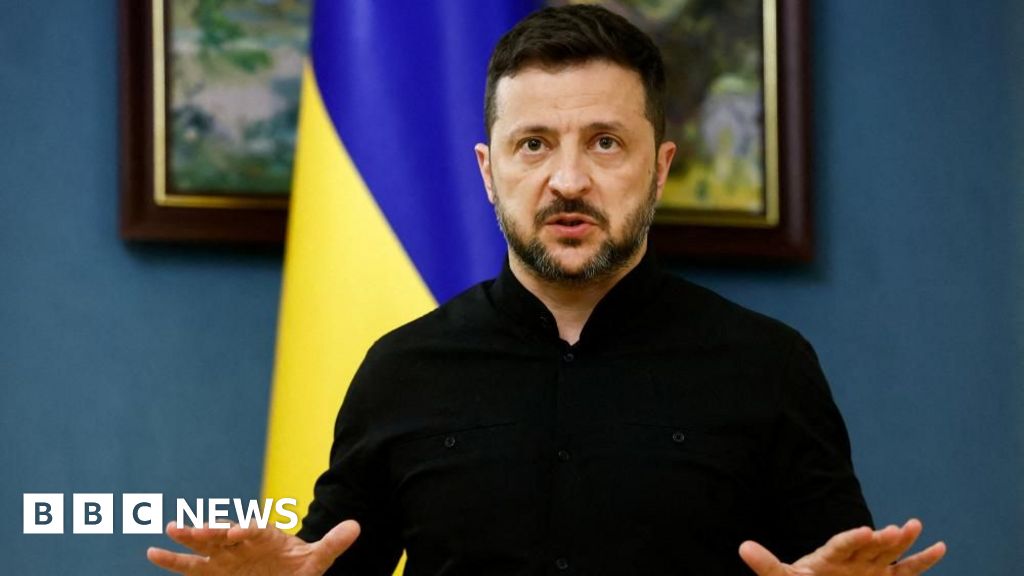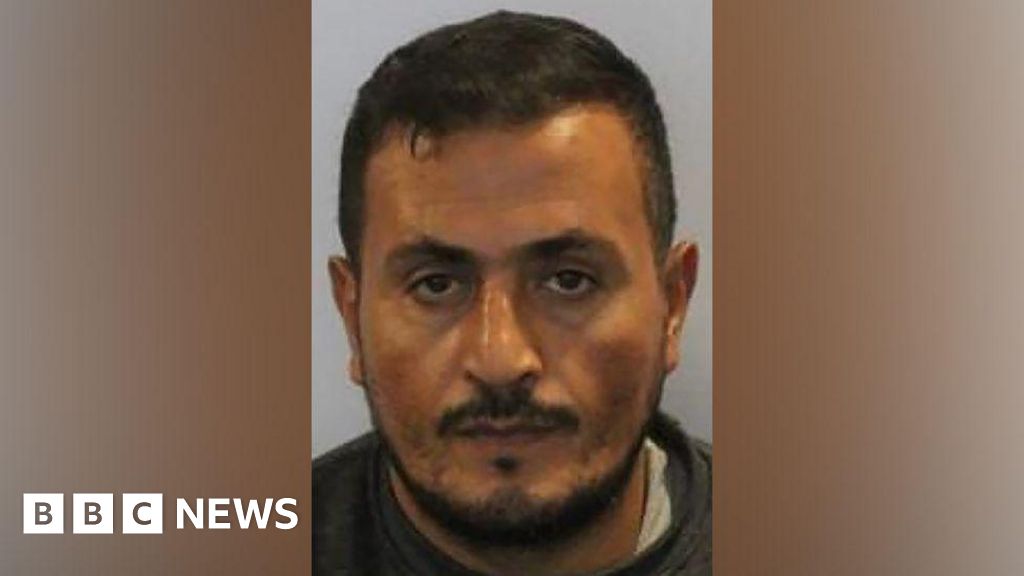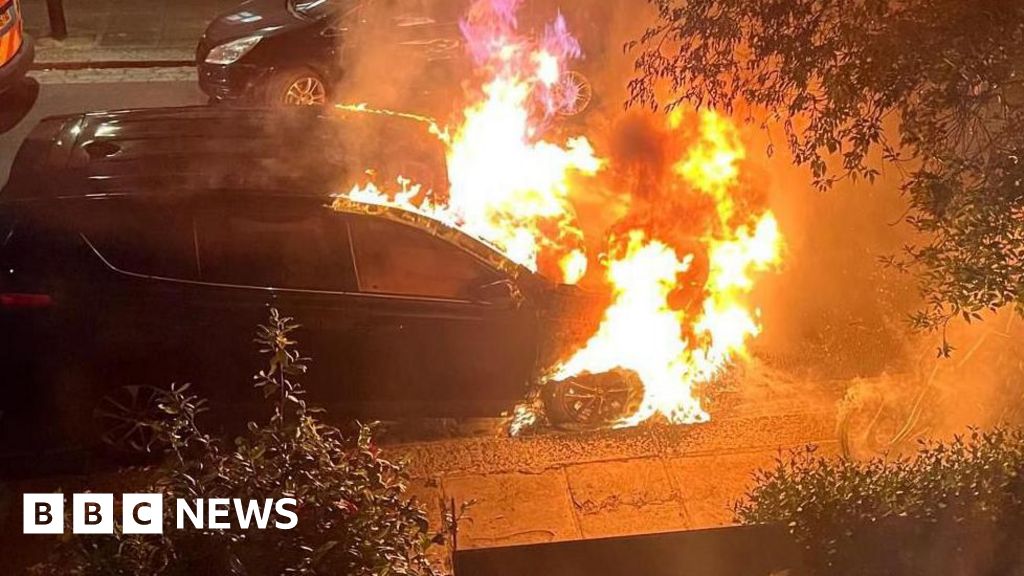Henry Zeffman
Chief political correspondent
Joshua Nevett
Political reporter
Senior government figures are discussing whether to reverse the controversial decision to cut winter fuel payments for millions of pensioners within weeks.
More than nine million pensioners lost out on payments worth up to £300 after Chancellor Rachel Reeves restricted eligibility for the pension top-up last year.
Discussions in government have included changing the threshold at which pensioners stop receiving the benefit, or restoring the payments to all pensioners.
The talks are understood to be fluid, and have not yet reached a conclusion.
The government may ultimately decide to stick with its existing policy.
Any announcement could come as soon as the spending review on 11 June, when the chancellor will unveil government departments' budgets for the coming years.
There have been reports that the government is considering whether to increase the £11,500 income threshold over which pensioners are no longer eligible for the allowance.
Some Labour MPs have blamed the winter fuel policy for the party's losses at last month's local elections, and the Runcorn and Helsby by-election.
Simply abandoning the policy entirely is seen as a less likely outcome than adjusting the thresholds.
However, the fact that this policy - one of the first decisions made by Labour upon entering office last last summer - is even under review shows the scale of concern in Prime Minister Sir Keir Starmer's team about its political impact.
In an interview with the BBC's Newscast podcast on Monday, Reeves failed to rule out changing course on winter fuel.
Reeves said the government faced a "tough inheritance" and took some "tough decisions" to stabilise the public finances after winning last year's general election.
But she added: "I do understand the concerns that people have."
She said she would "continue to listen to understand the concerns that people have raised".
"We are a government that listens," the chancellor said.
"But we would always need to show where the money is going to come from if we're going to make any policy changes. That would be part of the normal process."
Her comments mark a change in tone since Reeves urged Labour MPs to back her plan to cut winter fuel payments in September last year.
At a meeting of Labour MPs that month, Reeves told Labour backbenchers: "It is the right thing to do, to target money at a time when finances are so stretched, at people who need them most."
Earlier this month, the Prime Minister Sir Keir Starmer's spokesman told reporters there "will not be a change to the government's policy" on the winter fuel payment, despite growing calls within Labour ranks for a rethink.
Some MPs raised questions about the payment as they grilled Sir Keir at a meeting in Parliament on Monday.
Speaking to the BBC ahead of that meeting, Labour MP Stella Creasy said it would be "remiss" of the government to dismiss concerns over the winter fuel payment.
"Those concerns are being heard across the party," Creasy said.
"Those of us who have been around a long time and among new MPs, there's a genuine concern to get this right and that's now what the government needs to respond to."
The Liberal Democrats said it remained to be seen whether the chancellor had listened.
"This U-turn is taking so long it puts turning an oil tanker around to shame," Lib Dem Treasury spokesperson Daisy Cooper said.
"The government should feel embarrassed that it has taken a dire set of a local election results to realise what everyone has known from the start: this policy was doomed to fail and punished some of the most vulnerable."
The winter fuel payment is a lump-sum amount of £200 a year for pensioners under 80, increasing to £300 for over-80s, paid in November or December.
Last year, the government restricted the payments to those who qualify for pension credit and other income-related benefits, in a bid to save £1.4bn.
The move did not feature in Labour's general election manifesto.
It was seen as a key issue at this month's local elections, at which Labour lost 187 council seats and control of the only council it was defending.
The winter fuel payment was introduced in 1997 by New Labour as a universal payment for all pensioners.
It was billed as a way to guarantee they would be able to pay for increased heating costs over the winter - although in practice it is a pension top-up, which recipients can spend on whatever they want.
This year state pensions are going up by 4.1% - a rise of £363 a year for those on the basic pension, or £472 for those on the new pension.
.png)
 5 hours ago
4
5 hours ago
4
